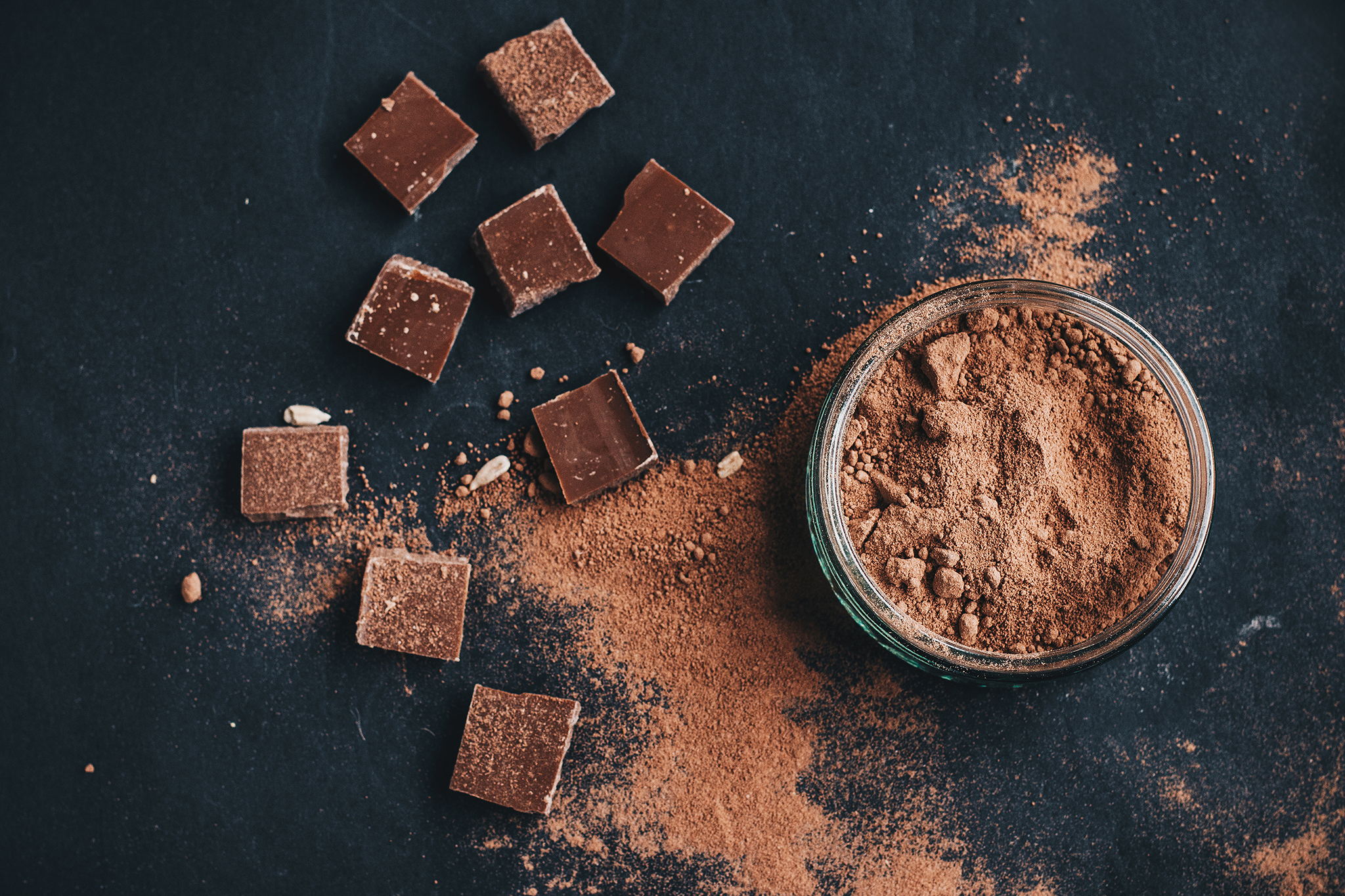You eat right (most of the time; you're only human after all), exercise regularly and play a mean game of Wordle-but is there anything else you can do to boost your memory? Yes, says psychiatrist Daniel G. Amen, MD, author of Change Your Brain Every Day. We asked him to share the "smartest" memory supplements proven to enhance cognition, sharpen recall-and even boost your mood and stave off depression.
When it comes to memory-boosting vitamins and minerals, it's important to take the word "supplement" literally: an addition to, not a substitute for, healthy daily habits. "I'm a huge fan of supplementing a good lifestyle, because supplementing a bad one won't help," he says. "That includes having an anti-inflammatory diet, staying active and getting adequate sleep, because the most important thing you can do for your memory is keep your brain and body healthy."
The 10 best memory supplements
Here, Dr. Amen reveals a few common risk factors for memory decline and Alzheimer's disease-as well as the supplements proven to help keep our brain healthy and our memory sharp. Consult your doctor to learn if any of these options might be right for you.
Ginkgo biloba
A healthy brain requires healthy circulation, which is why Dr. Amen cautions against smoking, being sedentary and drinking too much caffeine or alcohol-all of which can reduce blood flow to the brain.
As for his favorite memory supplement shown to increase circulation to your brain cells, he doesn't mince words: "The prettiest brains I've ever seen take ginkgo [biloba]," he declares. "I'm a huge fan."
Research bears him out: A study in Neuroradiology showed that supplementing with the antioxidant-rich herb increased cerebral blood flow. It's also proven to dial down inflammation, enhancing recall and overall brain function, he adds. To reap the benefits, he recommends taking 120 mg to 240 mg of ginkgo biloba daily.
 Wellness
Wellness Harvard Doctor Shares 8 Surprisingly Simple Tips To Prevent Dementia
From brain games to herbal memory boosters, there are plenty of dementia prevention strategies that supposedly keep you sharp and ward off memory loss. But with so many bold claims out there, it can be hard to know what really works and what is, well, the modern-day equivalent of snake oil. That's why we asked […]Saffron
When we're sad or anxious, we can't think straight, let alone maintain a sharp memory. To the mood-boosting rescue: saffron. "There are 28 randomized controlled trials showing saffron is equally as effective as antidepressants," Dr. Amen shares. "The world is coming to see it as a very important supplement-in fact, according to Persian folklore, it is said that if you're too happy, you must have eaten saffron."
The prized spice also boasts anti-inflammatory properties and supports neurotransmitters crucial to cellular energy, Dr. Amen continues. He recommends taking 30 mg of saffron daily.
Copper
A new study in Scientific Reports suggests that older adults whose diets contained more copper-rich foods-like shellfish, dark chocolate, eggs and legumes-had better memories and sharper focus. That's largely because the mineral supports neurotransmitters.
Copper, however, is a bit of a Goldilocks supplement, says Dr. Amen. It's important to hit the sweet spot, where you're getting just enough but not too much.
"Too little copper can impair cognitive function, while too much can accelerate the aging process and increase the risk of Alzheimer's," he explains, adding that a simple blood test can determine if you're in the right range. Consult your healthcare professional to learn more.
Omega-3 fatty acids
What would a roundup of memory-enhancing supplements be without omega-3s? Simply put, they're proven to decrease inflammation, enemy number one of brain health, notes Dr. Amen. He suggests taking about 1,000 to 2,000 mg of omega-3 fatty acids (EPA and DHA) daily to help improve memory.
Magnesium
You may know magnesium as the calming mineral, shown to thwart muscle cramps and help relax the body. Turns out, it also helps relax the brain, "regulating receptors so that neurons don't get overexcited," reveals Dr. Amen. He adds that magnesium is a supplement that also promotes gamma-aminobutyric acid (GABA), a neurotransmitter key to mood and memory.
What's more, magnesium increases "synaptic density," he continues. In short, the more gray matter you have, the better your memory tends to be and more resilient you are to neurological diseases. Dr. Amen's recommended daily dose of magnesium: 100 mg to 200 mg.
Curcumin
The compound that lends turmeric its rich golden hue isn't just a pretty face: it's shown to increase brain-derived neurotrophic factor (BDNF), central to memory, mood and overall brain health. It also packs a potent anti-inflammatory punch, which is why it makes Dr. Amen's list of top memory supplements. He recommends taking 400 mg of curcumin daily.
Zinc
Another anti-inflammatory supplement, zinc, is shown to strengthen neural connections and support memory. Dr. Amen suggests taking 20 mg of zinc daily. But, as always, it's important to consult your healthcare professional before taking any new supplement, as too much zinc is associated with side effects such as gastrointestinal and neurological issues.
Berberine
The plant compound has been found to help regulate blood sugar levels-and that's important because high blood sugar affects cognitive health, explains Dr. Amen. A study in Frontiers in Pharmacology revealed that berberine protects the brain in large part by decreasing oxidative stress (e.g., brain aging). He recommends taking 500 mg of berberine daily.
 Aging
Aging Experts Share the 8 Best Brain Foods to Boost Focus, Prevent Memory Loss and More
Eat smarter - literally - with these brain-boosting foods. Plus: a delicious salad recipe for a brain boosting lunch!Vitamin D
It may be called a vitamin, but vitamin D acts more like a hormone, affecting everything from our immune system to brain function, observes Dr. Amen. In fact, he says that people whose vitamin D level is 40 ng/mL have half the risk of developing cancer as those whose level is under 20 ng/mL.
But back to the topic at hand: "Vitamin D is great for the brain and memory, increasing neuroplasticity [the brain's ability to form new connections] and decreasing the risk of depression and ADHD." The recommended daily allowance of vitamin D is 600 IU for adults up to 70 years old and 800 IU for those over 70.
Methylfolate
Mutations on the methylenetetrahydrofolate reductase (MTHFR) and apolipoprotein E (APOE) genes may increase the risk of Alzheimer's disease, reveals Dr. Amen.
First, let's tackle MTHFR: Mutations on this gene can make it difficult for the body to process methylfolate, which in turn increases levels of an amino called homocysteine-and too much homocysteine is linked with a higher likelihood of dementia. Dr Amen himself has tested positive for this mutation and supplements with methylfolate because his body has trouble naturally producing it.
The other gene, APOE, comes in three forms: e2, e3 and e4. "We get one gene each from our mom and dad, and if we get two copies of e4, we have 10 times the risk of developing Alzheimer's disease," he says.
While there is no memory supplement capable of counteracting such a genetic inheritance, Dr. Amen promises "genes are not a death sentence-they're a wake-up call to do everything in your power like eating healthy, socializing, exercising regularly and taking care of your sleep." Talk to your healthcare provider to learn if genetic testing and a methylfolate memory supplement might be right for you.
More easy memory-boosting strategies:
6 Brain Foods That Can Help Reduce Your Risk of Dementia-And Keep Your Memory Sharp
Want to Keep Your Brain Sharp? Experts Reveal Simple Habits to Prevent Cognitive Decline
Experts Share 6 Easy Brain-Boosting, Memory-Enhancing Tips You'll Want to Try!
This content is not a substitute for professional medical advice or diagnosis. Always consult your physician before pursuing any treatment plan.





